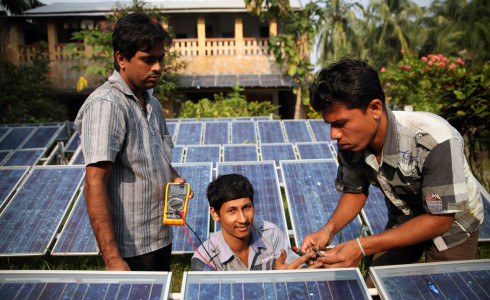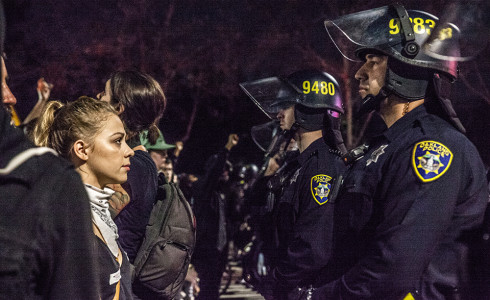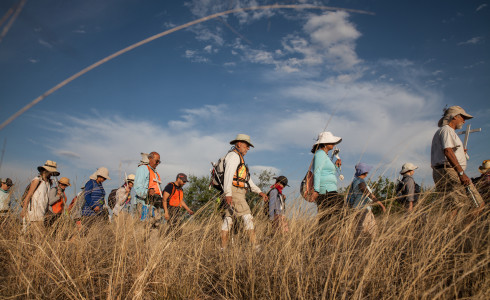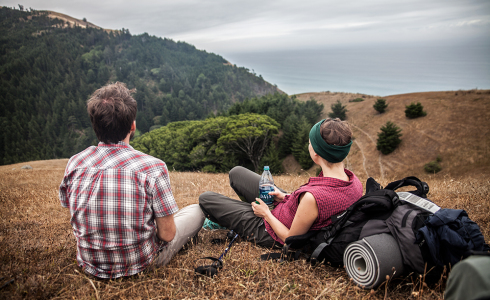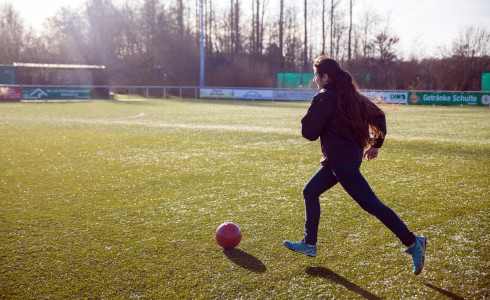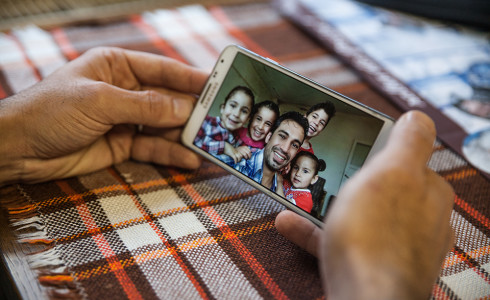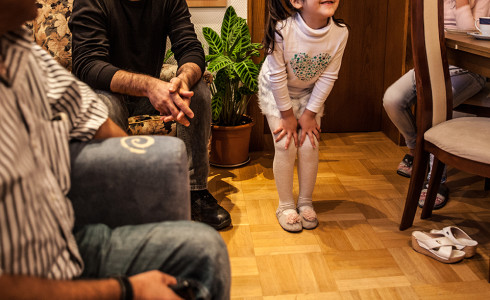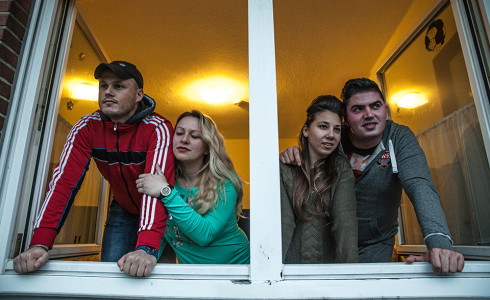Climate in turmoil
published by the NGO Welthungerhilfe, 4/2015, pp. 17-19 >>
Indian fishermen and Burundian farmers have one thing in common: As poorest among the poor they are not responsible for climate change; yet they are the first who live with its consequences. In both countries, the weather has been diverting from its usual pattern for a decade. Welthungerhilfe trains fishermen and farmers to take precautions.
